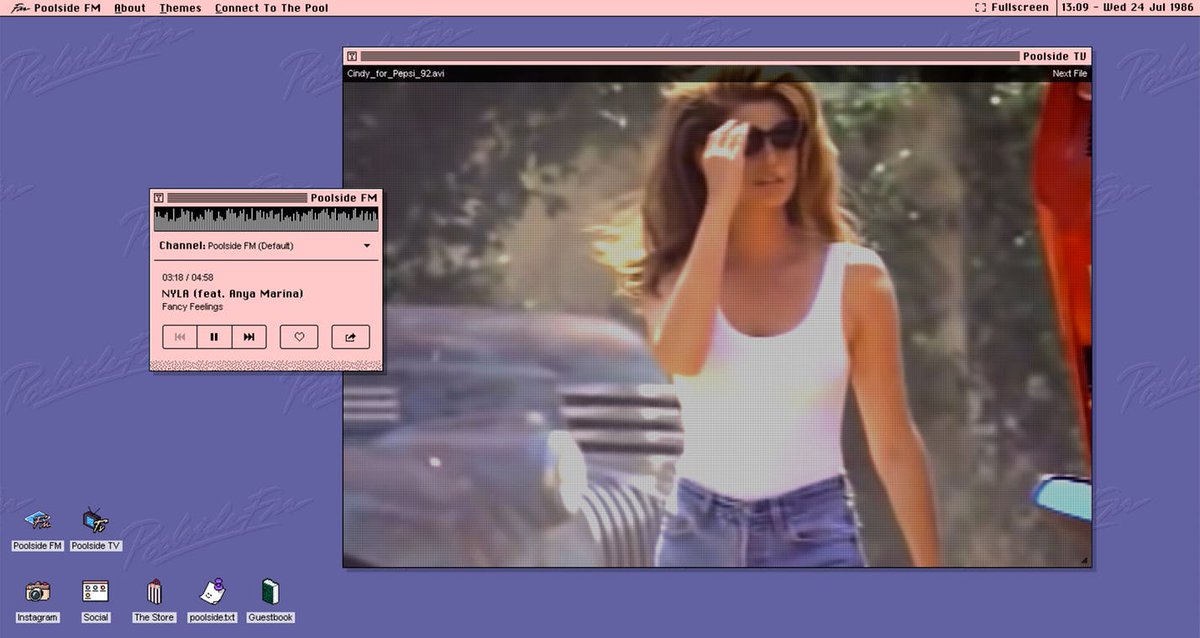“The customer is always right!” so the saying goes. Wrong! Yes, most of the time the customer is right, wanting things like value, quality and good service, and offering their patience, appreciation, and loyalty for those companies that pursue these standards. But sometimes this just isn’t the case.
If you’ve read Tim Ferriss’ The Four Hour Work Week you’ll remember his observation that 20 percent of his customers took up 80 percent of his (or his team’s) bandwidth. He decided to find a way to hack this imbalance by firming up his policies and even directly informing customers they could respect the policies or feel free to look elsewhere for the products he sold at the prices he sold them for.

Some of Tim’s customers protested, but most knew the value he was offering and so ended up stick to a clear set of policies. It changed the course of his business — not a little, but drastically. In making this decision, Tim risked revenue, but he gained something vastly more valuable: time to be more productive and provide better service to all of his customers.
The reality is there are bad customers and they can do real damage to your business. At Mizzen+Main, we’ve had two examples of troubling customer service issues in our history that prove that holding the line is a far better choice than caving in to the mob. The outcomes have also demonstrated to me that we are building a business with growing signs of a tremendously valuable trait: antifragility. To quote the author Nassim Nicholas Taleb, who literally wrote the book on being antifragile, “Antifragility [goes] beyond resilience or robustness. The resilient resists shocks and stays the same; the antifragile gets better. ”
Before going further, I want to be clear: we don’t discount at Mizzen + Main. Read more about that here: Why We Don’t Discount. We offer package pricing if you buy three or six shirts with a better per price shirt the more you buy. Our customers have come to genuinely love this about us. Package pricing rather than pricing manipulation has become a defining characteristic in what makes us who we are.
With that said, developers working on a bug on our site a few weeks ago made a significant mistake in re-entering a package code. The threshold requires six shirts in your cart to receive the dollars off your total cart. The threshold trigger was not in place. Somehow, this was uncovered and about ten customers abused this to the utmost in a short time period. One put 12 different orders in to get 12 separate shirts for free.
At this point, some customer service gurus or #SocialMediaExperts would give their expert advice that this is a perfect opportunity to score loyalty points and build customers for life.
Instead, we cancelled every single one of the orders. These are not customers for life. These are people who abuse the system to get free stuff. Our top customers have spent literally hundreds of thousands of dollars with us as a collective group. Our customers don’t ask for discounts because they know the value is already there. They know us, which means they know that in setting out to build the next great American brand we unconditionally stand by the value of our products. They know we’re building a company the right way, paying American workers to produce goods right here at home.
For us, building this kind of company is undeniably and unmistakable about much more than a single product, or a gaining a few more customers, or the glimmer of a repeat purchase. Still, the negative feedback from our decision was instant, loud, and troubling. We started to get trashed on social media by this very vocal group of folks. We handle all social media internally (and always will), but this rose to the point where the team asked me how to handle it.
This was a critical decision point and, in reality, a shock to the system. Do we say, “Sorry — here’s some free stuff because we made a mistake”? Or is it, “Okay, we’ll honor it because people are openly critical of this issue”?
Absolutely not.
If professional athletes with millions of followers or customers who have spent thousands of dollars with us don’t get free product, why would we give it to an angry Twitter troll who is only interested in what we have to offer if it’s free?
In my exchanges on Twitter directly with these folks, I did not tread lightly. I held the line — firmly. What was the result? We lost a few customers who only want our stuff if it’s free and will publicly trash us for not giving them what they want. More importantly, our customers saw just how much we value our brand — and ultimately them. The feedback we heard from customers on the exchange was overwhelmingly positive. They know we mean what we say and don’t cave or crumble. Our team understands how serious our commitments are, even if it makes some people uncomfortable at times.
Before I go any further, I want to clarify: Yes, we strive to offer superior customer service and take care of our what we call our Main Men! Generally, we operate with the mindset that we want our customers to absolutely love interacting with us, no matter what. We will, however, hold the line at abuse or manipulation that is inconsistent with who we are as a brand.
Round Two
Unfortunately, the issue isn’t limited to the customer-facing side of the business. The second instance of this arose out of recurring decision among several wholesale customers who simply would not pay us even close to on time. Some of these customers are highly visible and represent very valuable distribution points for Mizzen+Main.
In confronting these unethical practices — and they are exactly that, unethical — we faced a shocking response, to the effect of: “Well, if you want to be stocked here, this is how it works. We’ll send payment when we send payment.” The path of least resistance was clearly to roll over, keep doing business, extend our accounts receivable further and further, but stay stocked at these locations.
But by telegraphing that we’re not a valued or respected partner that course of action (or inaction) would undermine our very existence. In these cases, I’ve taken it upon myself to raise hell up the flagpole to whomever I needed to, so we could get our message across — pay on time or we pull all future orders and will use every recourse necessary to get our product back and recoup our costs.
Did we get paid right away? Of course not. But the pressure was applied, and within a short period we received payment. In some cases, we’ve cut off shipments altogether.
The result? At the end of Q1 2015, we were stocked in around 50 retail doors. At the end of Q1 2016 we hit 200 retail doors. Great customers understand our value and will play by the rules.
Bad customers, though, hurt our business across the board, from resource consumption to perception in the market. Standing up to valuable accounts can rock some team members’ sense of stability because it is a jarring experience. But the results continue to prove that we are vastly more stable and more sturdy than we realized before the event. These difficult situations don’t result in us just surviving — that would be resilience — but rather, gaining in strength, confidence, and value overall.
True to Mr. Taleb’s argument, antifragile businesses become stronger after shocks to their systems. Are we the ultimate example of antifragility? No. But these situations reinforce our value to our team members, and even to bad-faith customers themselves. More importantly, it demonstrates this value to our broader group of Main Men, who are proud to spend a few of the valuable dollars they work hard to earn on buying something from Mizzen+Main that’s worth keeping.
—
Lean Luxe subscriber Kevin Lavelle is CEO of Dallas-based men’s performance tailoring company, Mizzen+Main. This editorial is adapted from a previous version on Medium. The views reflected here are those of the author and do not necessarily reflect the views of Lean Luxe.
Reporting Queue
-
Dee J-Christ
-
olki vbgt






